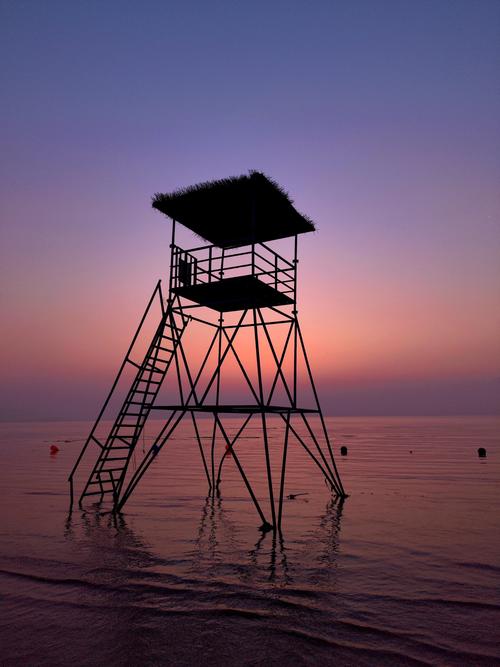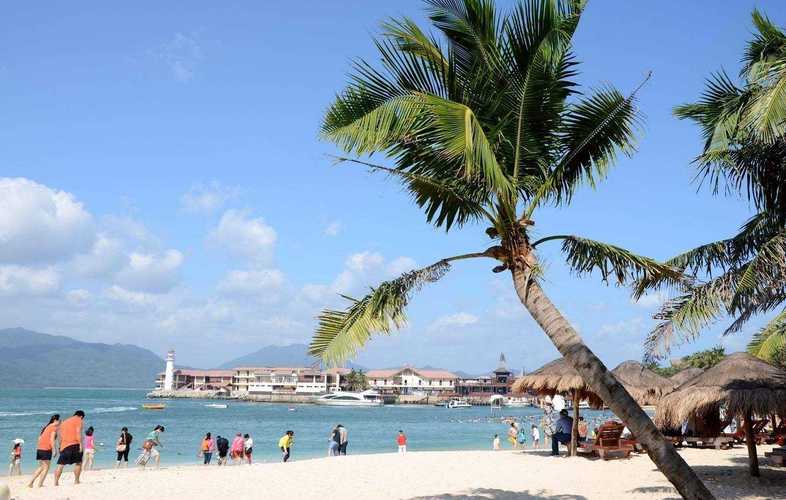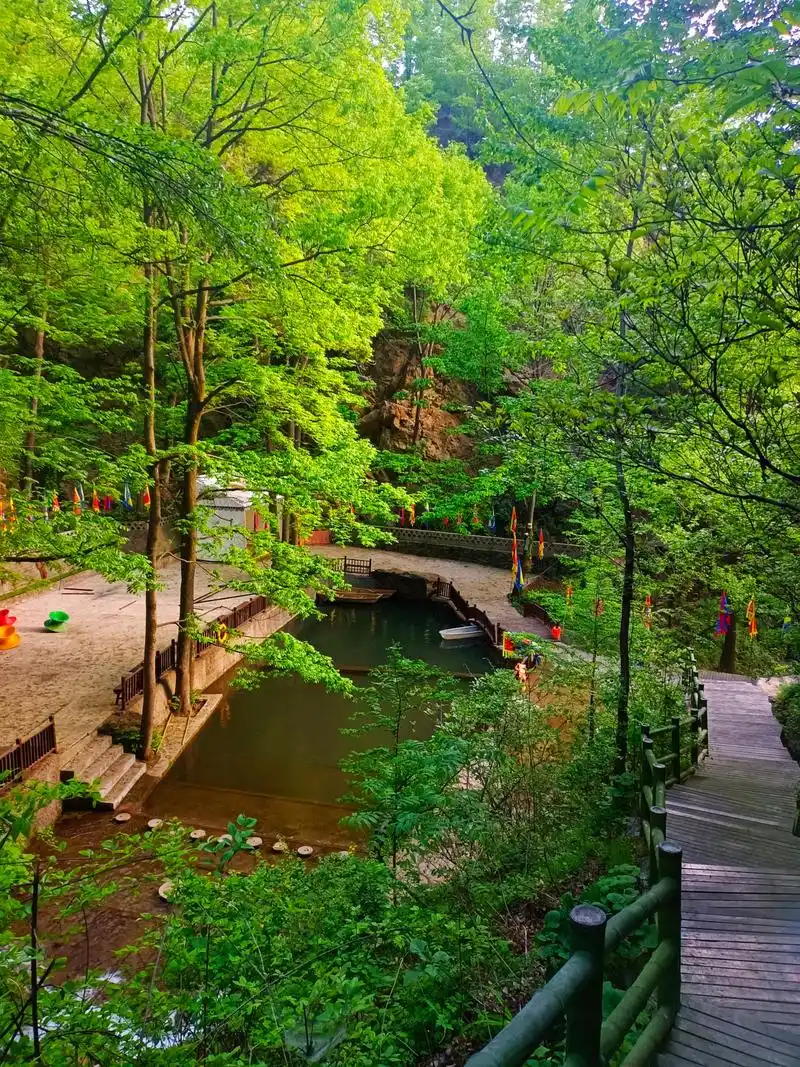France Travel
French Tourism Sustainable Accommodations: Eco-Friendly Accommodations Near French Attractions, Green Stays
Title: Embracing Eco-Conscious Travel: Sustainable Stays Near France’s Iconic Attractions
France, renowned for its cultural heritage, picturesque landscapes, and world-famous attractions, has long been a top destination for global travelers. From the Eiffel Tower in Paris to the lavender fields of Provence and the vineyards of Bordeaux, the country offers an unparalleled diversity of experiences. However, as the climate crisis intensifies and travelers become more environmentally aware, the demand for sustainable tourism has surged. In response, France has emerged as a leader in eco-friendly accommodations, seamlessly blending sustainability with comfort and convenience. These green stays not only reduce the environmental footprint of tourism but also enhance the travel experience by fostering a deeper connection with local culture and nature.
The Rise of Sustainable Tourism in France
Sustainable tourism in France is not a fleeting trend but a well-integrated movement driven by both government initiatives and private innovation. The French government has implemented policies such as the "Destination Sustainable" label and the "Green Key" certification, which recognize establishments committed to ecological practices. Additionally, organizations like ATD (Acteurs du Tourisme Durable) work tirelessly to promote and standardize sustainable tourism across the country.
Travelers today are increasingly conscious of their environmental impact. They seek accommodations that align with their values—places that prioritize energy efficiency, waste reduction, water conservation, and support for local communities. Fortunately, France’s diverse regions offer a wide array of eco-friendly lodgings near major attractions, allowing visitors to explore iconic sites while minimizing their carbon footprint.
Eco-Friendly Stays in Paris: Sustainable Urban Retreats
Paris, the City of Light, attracts millions of visitors annually. While the city is known for its luxury hotels, a growing number of eco-conscious accommodations are redefining urban hospitality. For instance, near the Eiffel Tower, hotels like Hotel Gavarni have adopted comprehensive sustainability measures, including energy-efficient lighting, waste recycling programs, and locally sourced organic breakfasts. Similarly, HOY Paris, a boutique hotel in the 10th arrondissement, boasts a carbon-neutral design, green roofs, and upcycled furniture.
For those preferring a more intimate experience, eco-friendly guesthouses and hostels such as Les Piaules in Belleville offer a social and sustainable atmosphere. These establishments often use renewable energy, provide vegetarian meals, and encourage guests to explore the city via public transportation or biking. Staying in such accommodations allows travelers to enjoy Paris’s charm while contributing to the city’s sustainability goals.
Green Escapes in Provence: Nature-Integrated Lodgings
Provence, famous for its lavender fields, historic villages, and Mediterranean coastline, is a haven for nature lovers. The region’s sustainable accommodations emphasize harmony with the environment. Near the Luberon Regional Natural Park, Le Mas des Les is an eco-lodge powered by solar energy, featuring natural swimming pools and organic gardens. Guests can participate in workshops on sustainable living or explore the park’s trails, immersing themselves in the pristine landscape.
Similarly, near the Gorges du Verdon, often called Europe’s Grand Canyon, La Domaine de la Baume combines luxury with sustainability. This restored 18th-century manor uses geothermal heating, serves farm-to-table cuisine, and supports local artisans. By choosing such stays, travelers can experience Provence’s natural beauty responsibly, without compromising on comfort.
Sustainable Vineyard Stays in Bordeaux
Bordeaux, synonymous with fine wine, has embraced agritourism and sustainability. Many vineyards now offer eco-friendly accommodations where guests can learn about organic viticulture and wine production. Château Beau Rivage, located in the heart of Bordeaux wine country, is a certified organic vineyard with guestrooms built using sustainable materials. The château employs water-saving techniques and renewable energy, offering tours that educate visitors on eco-friendly winemaking.
Another notable example is Le Bord de L’Eau, a charming bed-and-breakfast near Saint-Émilion. This property sources ingredients from its own garden, uses solar panels, and promotes low-impact activities like cycling through the vineyards. These stays provide an authentic insight into Bordeaux’s wine culture while supporting sustainable agricultural practices.
Alpine Eco-Adventures in the French Alps
The French Alps, a premier destination for skiing and hiking, are home to numerous eco-friendly resorts and lodges. Near Chamonix-Mont-Blanc, Hotel Mont-Blanc has implemented rigorous sustainability protocols, including energy-efficient systems, zero-waste initiatives, and electric vehicle charging stations. For a more rustic experience, Refuge du Plan de l’Aiguille offers mountain huts powered by hydroelectricity, where hikers can enjoy breathtaking views while minimizing their environmental impact.
These accommodations often partner with local guides to promote responsible tourism, such as guided hikes that emphasize conservation and respect for wildlife. By staying in these green lodgings, adventurers can enjoy the Alps’ majestic landscapes while preserving them for future generations.
Coastal Sustainability on the French Riviera

The French Riviera, with its glamorous cities and azure waters, is also witnessing a green transformation. Near Nice and Cannes, hotels like Hotel La Pérouse have adopted solar power, seawater heating systems, and plastic-free policies. Eco-conscious travelers can also find hidden gems like Le Domaine de Manville in Les Baux-de-Provence, which combines luxury with sustainability through its organic gardens and energy-efficient design.
For a unique experience, off-grid eco-lodges such as Cabane en Luberon offer secluded stays with minimal environmental impact. These accommodations often use compost toilets, rainwater harvesting, and passive solar design, allowing guests to disconnect from urban life and reconnect with nature.
The Benefits of Choosing Sustainable Accommodations
Opting for eco-friendly stays in France offers multifaceted benefits. Environmentally, these lodgings reduce carbon emissions, conserve water, and protect local ecosystems. Economically, they support local communities by sourcing products locally and creating green jobs. Culturally, they provide authentic experiences, whether through farm-to-table dining, workshops with artisans, or guided tours that emphasize heritage conservation.
Moreover, sustainable accommodations often enhance the quality of the travel experience. Guests enjoy healthier environments with non-toxic cleaning products, organic linens, and improved air quality. The emphasis on nature and wellness—such as yoga retreats in Provence or meditation sessions in the Alps—adds a restorative dimension to the journey.
Challenges and the Future of Green Stays in France
Despite the progress, challenges remain. The higher cost of sustainable practices can make eco-friendly accommodations more expensive, limiting accessibility. Some travelers may also perceive green stays as lacking luxury or convenience. However, ongoing innovations in green technology and increasing consumer demand are driving down costs and improving services.
The future of sustainable tourism in France looks promising. With initiatives like the "France Sustainable Tourism” roadmap, the country aims to become a global model for eco-tourism. Emerging trends include the rise of eco-volunteering stays, where guests participate in conservation projects, and the integration of smart technology for energy management.
Conclusion: Traveling Responsibly in France
France’s commitment to sustainable tourism is evident in its diverse array of eco-friendly accommodations near major attractions. Whether in bustling cities, serene countryside, or coastal paradises, travelers can find green stays that offer comfort, authenticity, and a clear conscience. By choosing these establishments, visitors not only enrich their own experiences but also contribute to the preservation of France’s natural and cultural treasures. As the world moves towards a more sustainable future, embracing eco-conscious travel in France is a meaningful step for every globetrotter.
-
上一篇

French Attractions Architecture Styles: Different Architecture Styles at French Travel Spots, Gothic, Baroque & More
**ATapestryinStone:ExploringtheArchitecturalStylesofFrance'sIconicAtt
-
下一篇

French Attractions Event Tickets: How to Buy Tickets for Events at French Travel Spots, Advance Booking Tips
**NavigatingtheFrenchCulturalCalendar:AGuidetoSecuringTicketsforPremi
相关文章
- French Attractions Luxury Experiences: VIP Access to French Travel Spots, Private Tours & Exclusive Events
- French Travel Group Discounts: Group Discounts at French Attractions, Savings for Tour Groups
- French Attractions Educational Tours: Educational French Travel Spots, School Trips & Learning Experiences
- French Tourism Pet Travel: Traveling With Pets to French Attractions, Pet-Friendly Accommodations & Spots
- French Attractions Adventure Sports: Extreme French Travel Spots, Paragliding, Rock Climbing & Rafting
- French Travel Relaxation Retreats: Retreats Near French Attractions, Yoga & Wellness Experiences
- French Attractions Cultural Heritage: UNESCO World Heritage French Travel Spots, Protected Cultural Sites
- French Tourism Food Tours: Food Tours Combined With French Attractions, Taste Local Cuisine
- French Attractions Hidden Beaches: Secret French Travel Beaches, Less Crowded Coastal Spots
- French Travel City Breaks: Short City Breaks to French Attractions, Paris, Nice & Toulouse
发表评论
评论列表
- 这篇文章还没有收到评论,赶紧来抢沙发吧~

